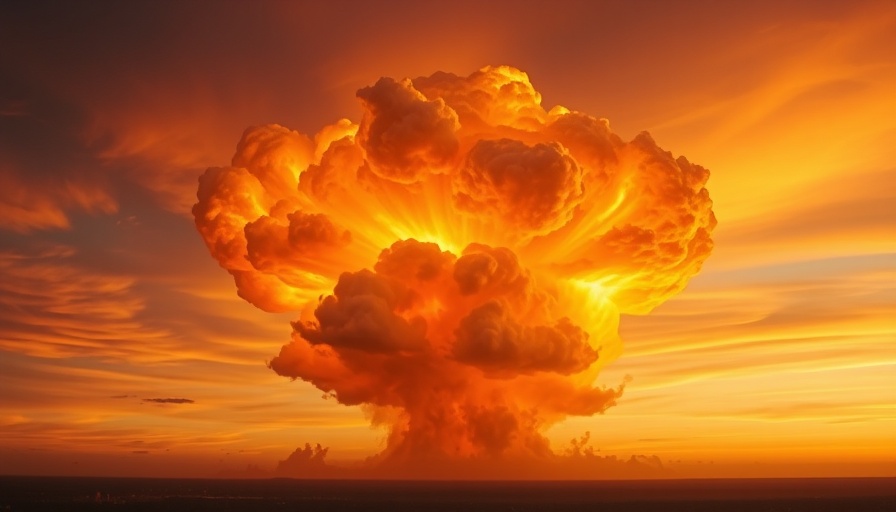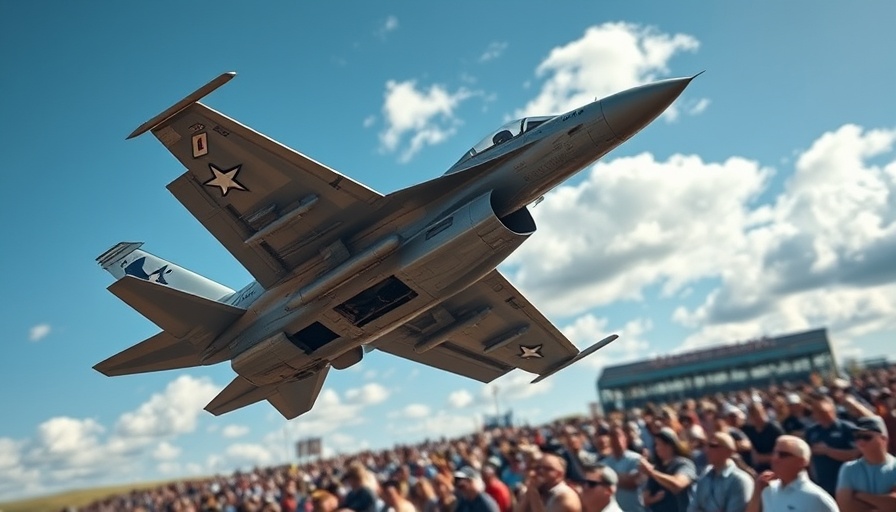
Understanding Ukraine's Tactical Shift in Drone Warfare
In an audacious move, Ukraine has shifted its warfare tactics to target Russian munitions stocks and drone manufacturing facilities deep within Russian territory. This strategy, popularly referred to as "aiming left of the boom," seeks to disrupt the Russian military's ability to strike Ukrainian cities by preemptively destroying resources before they can be used. Recent drone raids, such as the one on the Engels air force base, illustrate the effectiveness and urgency of this approach—highlighting vulnerabilities within the Russian defense mechanism.
What Does “Left of the Boom” Mean?
The term "left of the boom" originates from military slang used during the Iraq and Afghanistan wars, referring to preemptive strikes aimed at eliminating threats before they can execute their attacks. For Ukraine, this concept translates to targeting key logistical points in Russia that support bombing raids. By crippling munitions depots and drone factories, Ukraine aims not just to defend itself, but to turn the tide of conflict by directly impacting Russian capabilities.
The Success and Shortcomings of Air Defense
Despite limited resources and air defense capabilities, Ukraine's recent successes demonstrate that the Russian military is increasingly vulnerable to drone strikes. With only a handful of advanced air defense systems, Ukraine has been forced to take these risks, viewing preemptive strikes as their best line of defense against the ongoing bombardment of their cities.
The Broader Implications: Future of Drone Warfare
As conflicts evolve in complexity, the role of aerial drones continues to transform. Ukraine's innovative use of drone technology not only provides insights into contemporary warfare tactics but also raises questions about the future landscape of military engagements. With nations worldwide observing Ukraine’s tactical decisions, the implications for global military strategy are profound, potentially paving the way for drone warfare to play a central role in conflicts yet to come.
 Add Row
Add Row  Add
Add 




Write A Comment